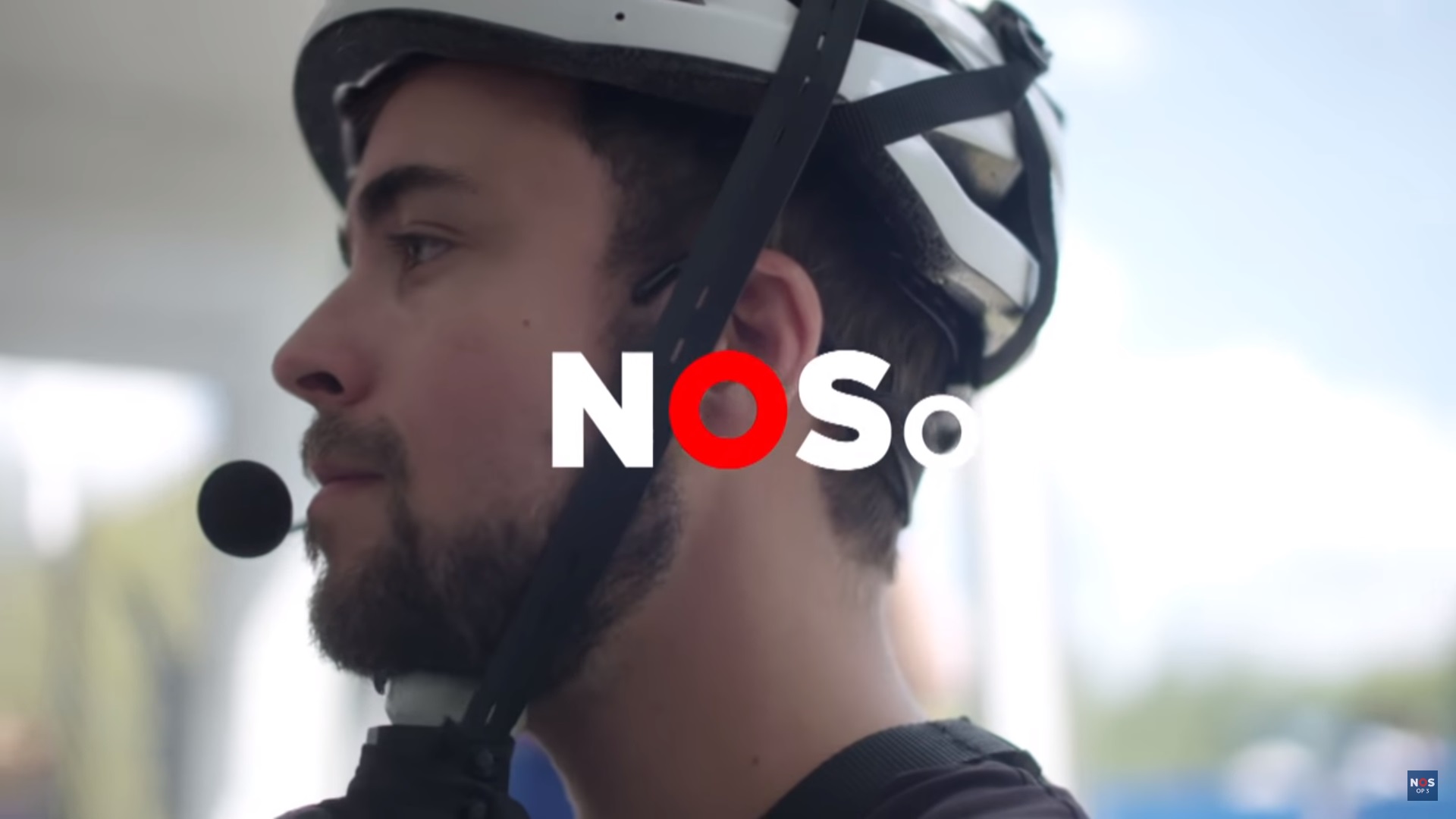150 Lowlands festivalgoers babble for Martijn Wieling
In the midst of all the festival noise at Lowlands on 17, 18 and 19 August, Dr Martijn Wieling from the University of Groningen (UG) carried out research into the effect of alcohol on speech. We know that alcohol has a negative effect on our speech, but what about when we speak a foreign language? Research suggests that the effect here may actually be positive. But it is unclear what is going on in the mouth.
Lowlands Science
Lowlands Science Martijn Wieling is assistant professor of Information Science at the UG and is researching language variation in the mouth. He was present at Lowlands Science together with Jidde Jacobi, Pauline Veenstra, Stefanie Keulen, Lisanne de Jong, Teja Rebernik, Aude Noiray, Masha Medvedeva, Anna Pot, Mara van der Ploeg, Vera Hukker and Gerwin Blankevoort. Lowlands Science has been a prominent feature of the programme of Lowlands, a music festival attended by 60,000 people, for three years now. Each year there is an extensive lab on the festival grounds, where festivalgoers can take part in experiments for a wide range of studies all for the sake of science. Wieling was the first UG researcher to take part in this Lowlands science programme.

Tongue-twisters
For Wieling’s Grenzeloos Lallen (boundless babble) research project, the researchers looked at the effect of alcohol on speaking your native language (in this case Dutch) and a foreign language (in this case English). He used an ultrasound device to measure the tongue movements of some 150 participants. Their blood alcohol content was measured first, and they were then asked to say Dutch and English tongue-twisters and to utter individual sounds, preferably once sober and once having drunk alcohol. An admirable 300 participants assessed the others’ pronunciation. Wieling expects alcohol to cause articulation to become less precise, thus making the stereotypical Dutch accent less audible. We will have to be a bit patient if we want to find out if this really is true. Wieling hopes to have the research results within a year.
More news
-
19 January 2026
Digitization can leave disadvantaged citizens in the lurch
-
13 January 2026
Doing good in complex situations
